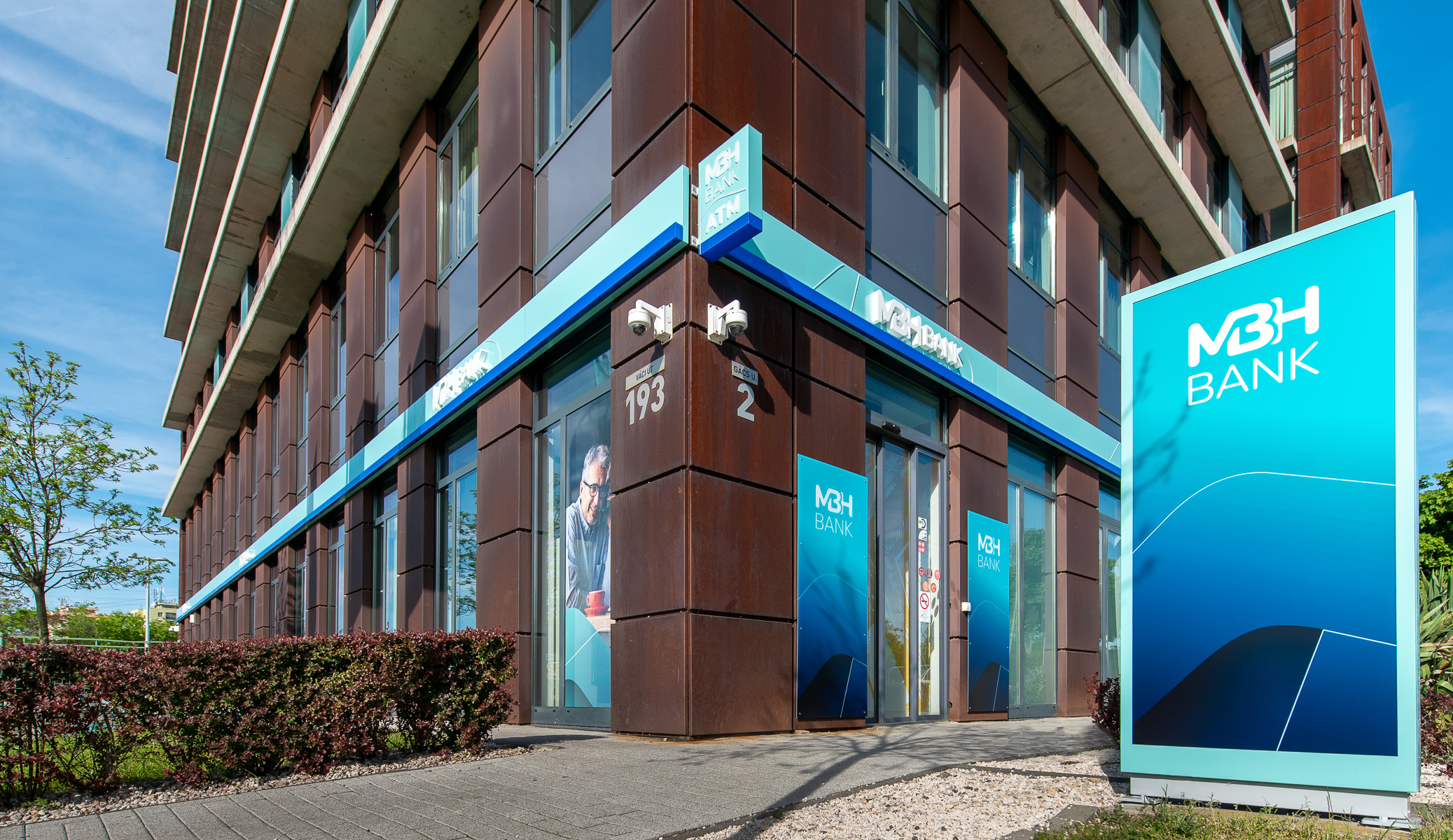Gov’t inks mid-term minimum wage deal

pexels
Representatives of the government, employers and employees today signed an agreement on pairing marked increases in the minimum wage with a combined seven percentage-point reduction in the 27% payroll tax, Hungarian news agency MTI reported today.
The wage talks were reportedly characterized by a readiness to reach an agreement, with all participants - not only the government, but also employers and unions - going as far as possible to achieve this, Minister for National Economy Mihály Varga said at the signing. The six-year agreement has proven an exceptional chance to strike an agreement for the longer term, he added.
Under the agreement reached by representatives of the three sides on Tuesday, the minimum wage for unskilled workers will rise by 15%, while the wage for skilled workers will climb 25% from next year. At the same time, payroll tax will be cut initially by five percentage points.
From 2018, the minimum wage for unskilled laborers will rise by a further 8% and the wage for skilled workers by 12%. These increases will be introduced in parallel with an additional two percentage-point reduction in the payroll tax. The payroll tax could be reduced by a further half a percentage point in 2018 if gross wage growth exceeds 11% in January-September of next year.
"We are on the threshold of a technical revolution, a new industrial revolution, and the current agreement can be seen as the starting point of a new economic policy for the coming few years," Prime Minister Viktor Orbán, who signed the agreement on behalf of the government, was quoted as saying by MTI. Another agreement should be reached soon on technical modernization, engineering sciences, robotization and digitization, and on the way the Hungarian economy and society should adapt to change, he added.
Orbán said the wage agreement came after failed efforts in the past 25 years. He added that it required a competitive economy and competitive enterprises to achieve, as only these can pay and raise wages.
The freshly signed agreement assumes a much more efficient economy which could be realized by the mutual efforts of the government, employers and employees, and everyone must deliver more and perform better, Péter Lakatos, deputy head of the employersʼ association MGyOSZ, said after the signing. Companies with prices fixed for several years ahead face the biggest challenge, Lakatos added, citing the car industry or services as examples. The effect on various type of companies is hard to foresee, he added.
Among risks that should be strictly watched, Lakatos noted the black economy and the deepening of the gap between the efficiency of foreign and local companies. The biggest possible number of workers on government schemes should switch to the primary labor market, he added.
It is important that wages above the minimum wage should also rise, said Imre Palkovics, head of the National Federation of Workersʼ Councils (MOSZ), adding that a 30-40% real wage hike over the coming six years still requires major efforts.
SUPPORT THE BUDAPEST BUSINESS JOURNAL
Producing journalism that is worthy of the name is a costly business. For 27 years, the publishers, editors and reporters of the Budapest Business Journal have striven to bring you business news that works, information that you can trust, that is factual, accurate and presented without fear or favor.
Newspaper organizations across the globe have struggled to find a business model that allows them to continue to excel, without compromising their ability to perform. Most recently, some have experimented with the idea of involving their most important stakeholders, their readers.
We would like to offer that same opportunity to our readers. We would like to invite you to help us deliver the quality business journalism you require. Hit our Support the BBJ button and you can choose the how much and how often you send us your contributions.







